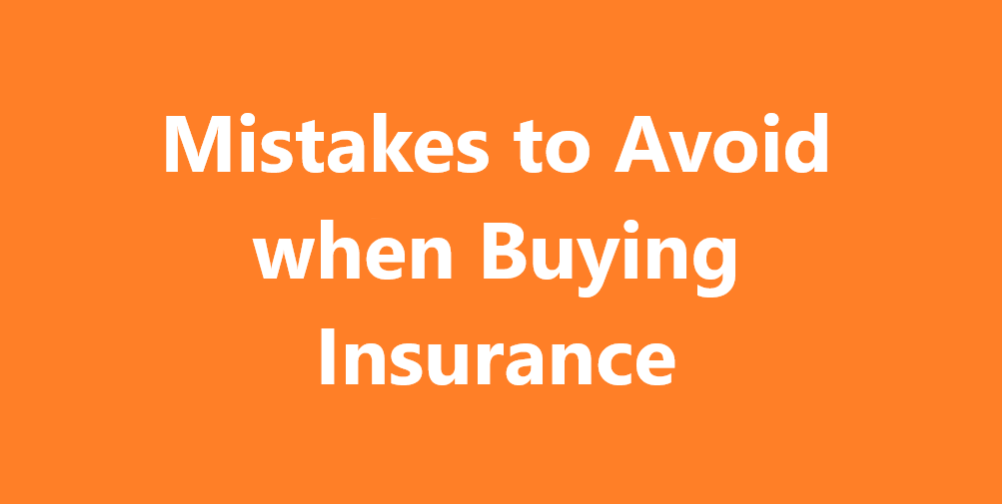Although buying insurance can seem complex, it is a reassuring feeling to know that unexpected incidents such as car accidents, house fires, or bone fractures will be covered.
However, it is important to understand how much coverage you require and what questions you should ask before purchasing a policy, as insurance coverage is not a one-size-fits-all solution.
Here are some common mistakes consumers make when buying insurance.
Some individuals skip insurance assuming it’s unaffordable.
However, according to Marvin Feldman, president and CEO of the LIFE Foundation, life insurance is often cheaper than consumers assume. Discounts are also available for property and casualty insurance, such as being a member of AARP or installing a home security system.
Relying on outdated figures or assumptions can lead to inadequate coverage.
In the case of life insurance, consumers may have previously based their coverage on their income, but this may not be enough to provide for beneficiaries in the event of unexpected death. Therefore, it is essential to review coverage annually and consult with an insurance agent if unsure.
Solely shopping for insurance based on price is not advisable.
It is essential to consider the reputation of the company and what coverage is offered for the premium paid. Moreover, additional endorsements may be necessary for coverage such as food spoilage or stolen electronics.
It is crucial to read and understand policy details to avoid unexpected expenses.
In the case of health insurance, it is cheaper to consult with in-network doctors and purchase prescription drugs included in the formulary.
Setting the deductible too low can lead to higher premiums and small claims that could raise premiums.
Insurance is intended to cover losses that individuals cannot cover themselves, so choosing a higher deductible may be more financially feasible.
In conclusion, avoiding these common mistakes will help ensure the best coverage and financial protection for unexpected incidents.
